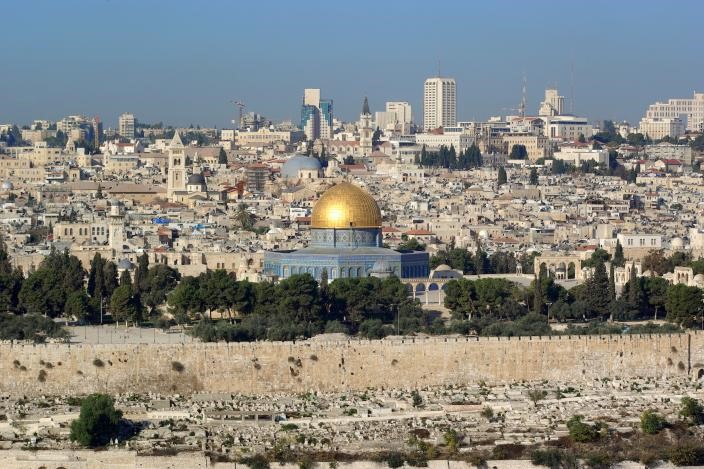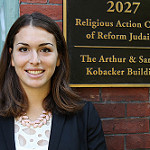
On Wednesday, October 26, the United Nations Educational, Scientific and Cultural Organization (UNESCO) passed a resolution that recognized the Temple Mount as a site holy only to the Islamic faith. The resolution only refers to the site by its Arabic name, Haram al-Sharif, without also recognizing the site as the Temple Mount. The vote denies the historical and spiritual significance of the Temple Mount to Judaism as the site where Jews flocked for pilgrimage holidays when the Temple stood. Even today, Jews around the world pray in the direction of the Temple Mount and travel great distances to pray at the Western Wall. Also situated on the Temple Mount are the Al-Aqsa Mosque and the Dome of the Rock.
An earlier version of the resolution was passed in an initial vote on October 13 and immediately drew resounding criticism from Israeli officials. U.S. officials have also expressed dismay with the resolution, including statements from a White House official calling the resolution “one-sided” and “highly politicized.” Prime Minister Netanyahu has since recalled the Israeli Ambassador to UNESCO as they weigh Israel’s options.
This vote is the latest in a long history of politically charged resolutions from UNESCO that seek to delegitimize a Jewish connection to Israel and Jerusalem’s holy sites. In 2015, a draft resolution from the organization classified the Western Wall as a solely Islamic site, and a final draft of the resolution only used the term “Western Wall” in two parenthetic references. A 1975 resolution from the organization infamously categorized Zionism as a racist ideology, a vote which drew sharp censure from the Reform Movement and was later repealed.
The Reform Movement echoes the sentiments expressed in a statement from ARZA that decries UNESCO’s denial of the Jewish connection to Jerusalem, as well as similar statements from others. By rejecting the legitimate historical narrative of the Jewish people, this resolution further damages already fraught prospects for achieving a lasting two-state solution.
The Reform Movement has long recognized the important role Jerusalem plays as a holy city for a variety of faiths and defended the rights of Muslims, Christians and Jews to practice their faith safely in the city. To learn more about Israel and the peace process, visit the RAC’s Israel issue page, the CCAR’s Expression of Love and Support for the State of Israel and Its People, and the URJ’s Israel Engagement Page.
Related Posts

Shabbat Message: A Galvanizing Visit to Israel That Fills Me With Encouragement

We Hold All of these Truths


